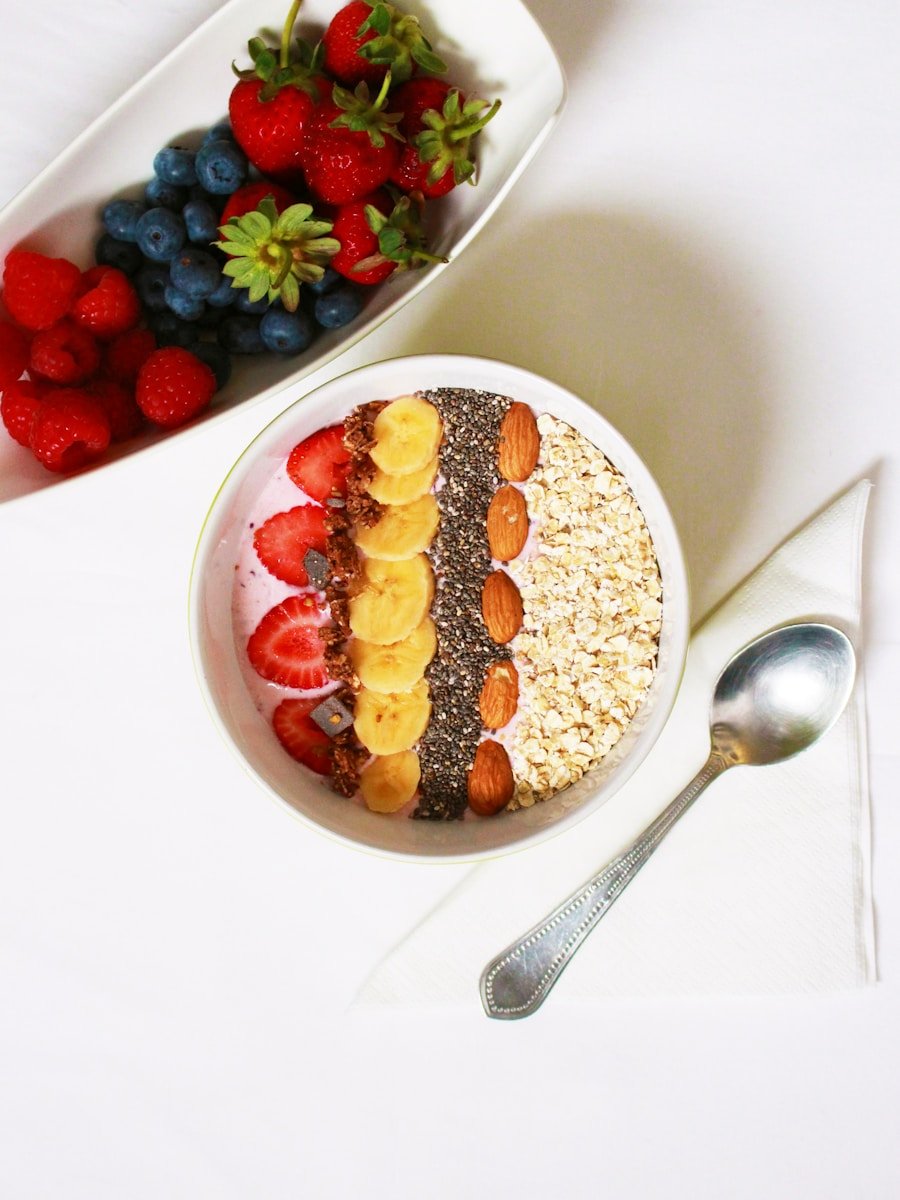
Hello, my dear friends. I hope you all are doing well. Today I have come to you with one interesting fact related to our daily life, but first, I just want to ask one simple question to all of you: do you remember? What did you have for breakfast this morning? Or what did you have for dinner last night? I guess for most of you; the answer must be simple, right??
But will you really be able to answer My next question?
That is, can you tell me what changes these foods are bringing inside you at your cellular level, or do you even know that whatever you eat is modifying your body by impacting the building blocks of the body as in our genes?? Well, to answer this, we will have to understand the meaning of one word, “nutrigenomics.”
Nutrigenomics is simply the science of understanding how food affects our genes or how a person’s diet and genes together affect their health and risk of developing a disease such as cancer.
It also explains that in long-term consumption, particular food can positively or negatively impact our health, and hence wrong food habit can lead to different kind of chronic diseases development e.g.
- Allergies- like gluten allergies
- Intolerance for particular food-lactose intolerance
- Chronic inflammatory disease- IBS or inflammatory bowel syndrome.
Now what I mean here by wrong food habit is a food that has less or no fiber in it; yes fiber-rich food is a secret of a healthy and fit body.
Basically, there are 2 types of dietary fibers (DF)
- Soluble fibers (absorbs water), e.g., oats, barley, nuts, seeds, beans, lentils, fruits, veggies, psyllium husk
- Insoluble fibers (doesn’t absorb water), e.g., Whole wheat, whole grain, wheat bran.
High-fiber-rich food is known as good carbs.
Three major mechanisms are believed to be responsible for the benefits of DF,
- Including bulking,
- Viscosity, and
- Fermentation.
Some fibers, generally insoluble dietary fiber (IDF), provide bulking effect, hence increasing stool mass, alleviating constipation, and improving regularity, Do roughage and cleanse the colon.
Whereas soluble dietary fibers(SDF) absorb water and stay for a longer time in the gut, this prevents a sudden hike in blood glucose levels.
It also helps reduce low-density lipoprotein (LDL) by flushing them out of the body.
The fiber-rich diet also prevents a few cancers, such as
- Small intestine cancer, colon cancer
- Oral cancer
- Breast cancer
How dietary fibers bring epigenetic changes?
Epigenetic changes are genetic modifications that impact gene activity without changing the sequence of DNA.
When we consume fiber-rich food, it goes to the stomach. Our stomach acid is not able to degrade the fibers; when they reach the colon after passing through the small and large intestines, our gut microbes, specifically “clostridium,” ferment them and produce short-chain fatty acids(SCFAs)
- Butyrate(4 carbon)
- Propionate(3 carbon)
- Acetate(2 carbon)
Dietary fibers and gut microbiota maintain fine-tune immune responses and homeostasis,
They restrict pathogenic bacteria while restraining immune overactivity.
Role of short-chain fatty acids(SCFAs)

- These short-chain fatty acids can modulate mammalian cell function by serving as an energy substrate or by signaling through G-protein coupled receptors(GPCRs).
- They directly inhibit histone deacetylases(HDACs) from modulating gene expression.
- Histone acetylation/deacetylation modulates cell gene expression without modifying genomic DNA sequence (epigenetic modification)
The concentration of SCFAs in the gut depends on a few factors:
- Host dietary fiber intake
- Gut bacterial composition
- Intestinal transit time
- Host microbiota flux
SCFAs also assist the growth of some probiotics, such as “bifidobacteria.”
Recommendation for fiber intake

On an average basis, children and adults should consume 25 to 35gm. Of fiber of which, 6% should be soluble.
Now, As I have given enough evidence that why you should increase the dietary fiber intake in your routine diet, I feel you won’t forget our warriors, “healthy gut bacteria,” which process the dietary fiber and produce precious “SCFAs”.just like a raindrop falls into the oyster and transforms into a pearl.
It’s never too late to adopt a good habit, so start today.
Be watchful of whatever you eat, and include the magical dietary fibers into your diet.
Dr. Roma Singh Thakur,
BDS




